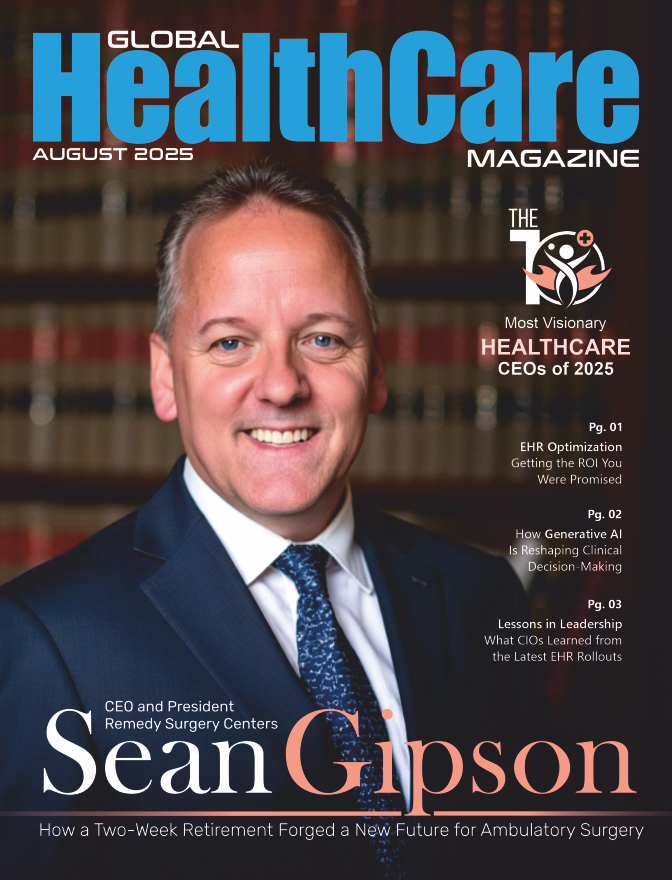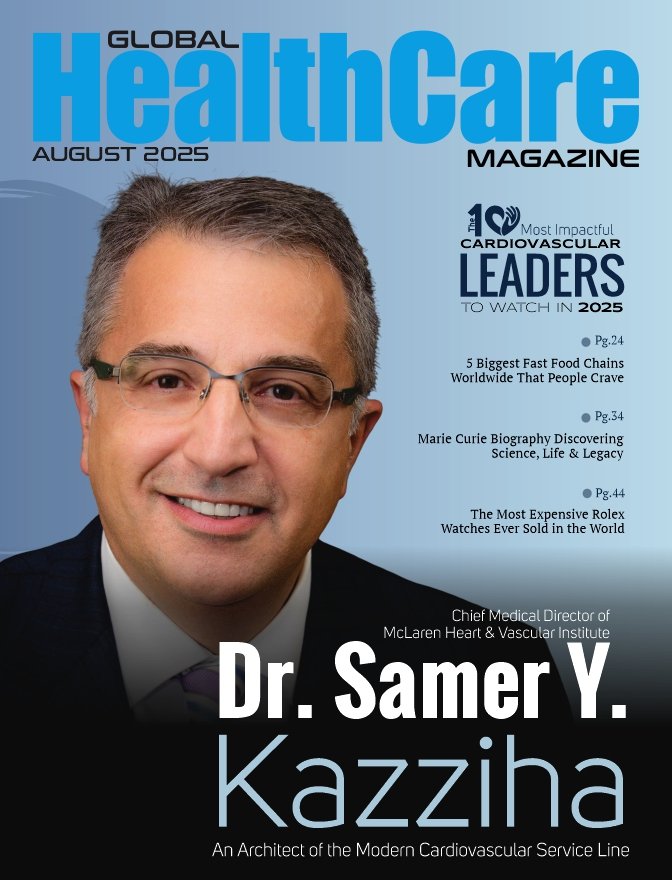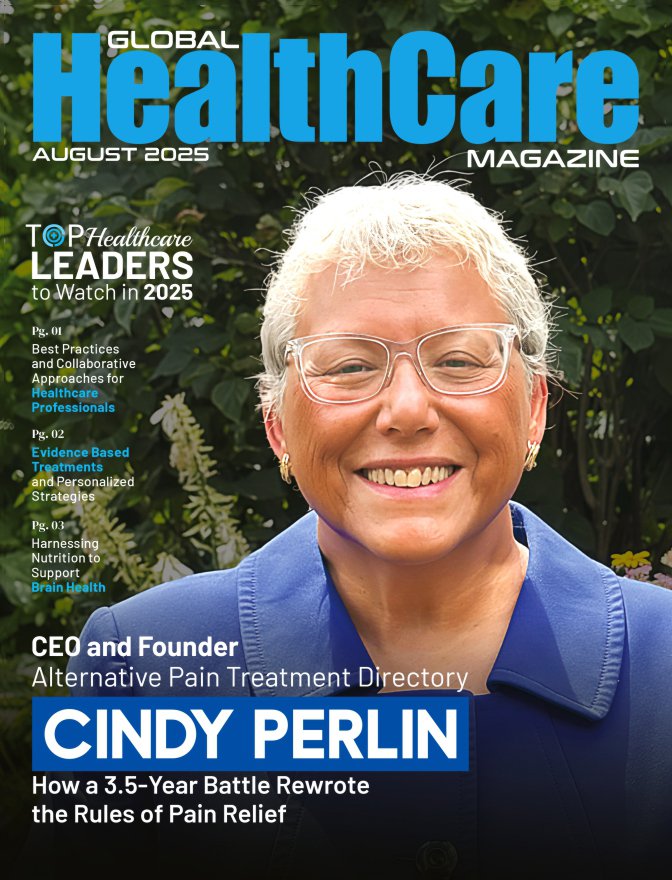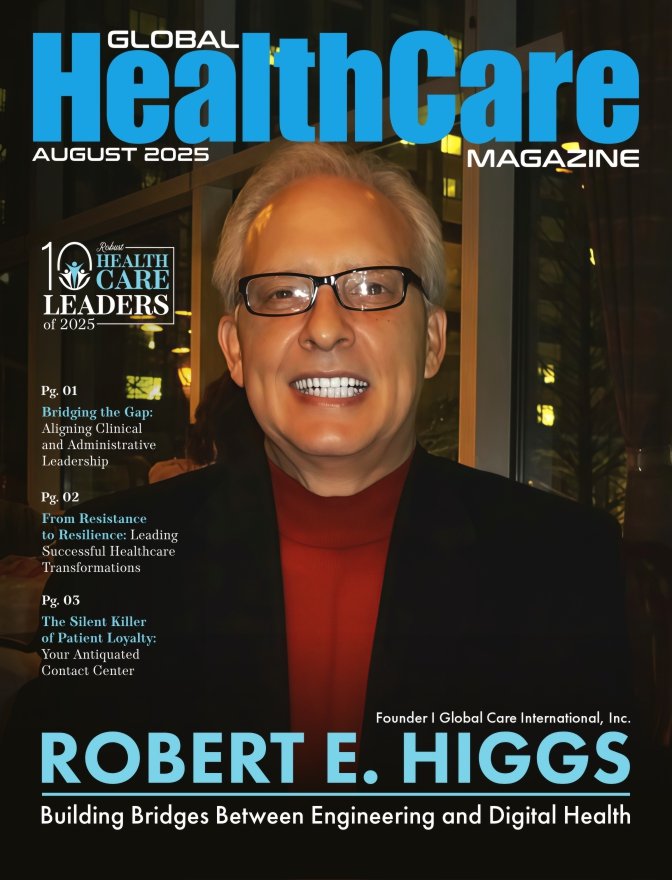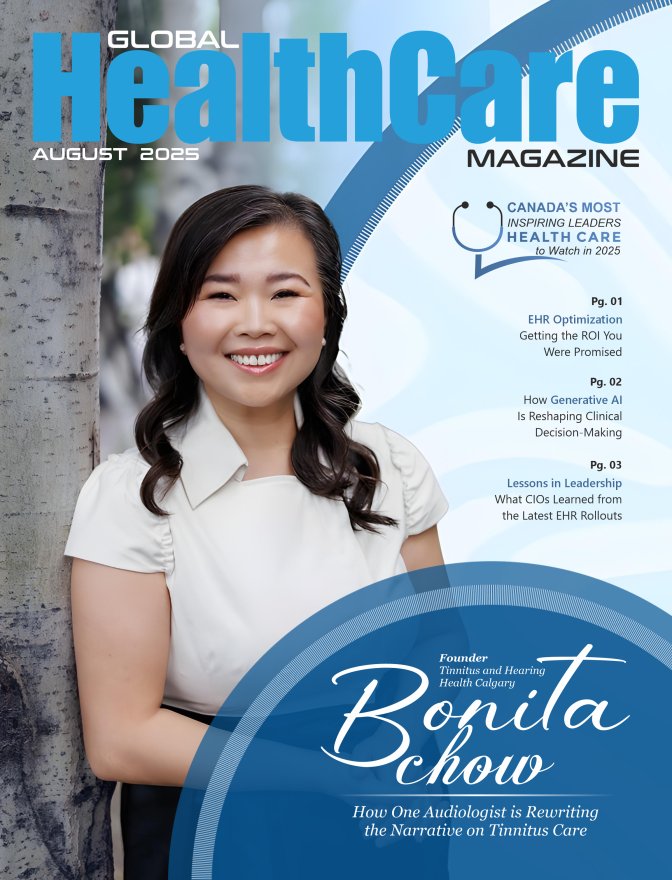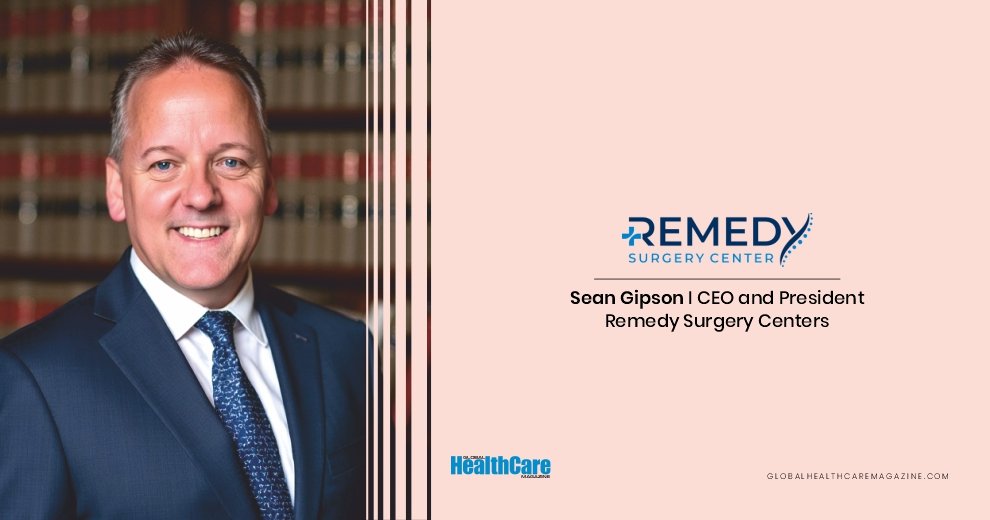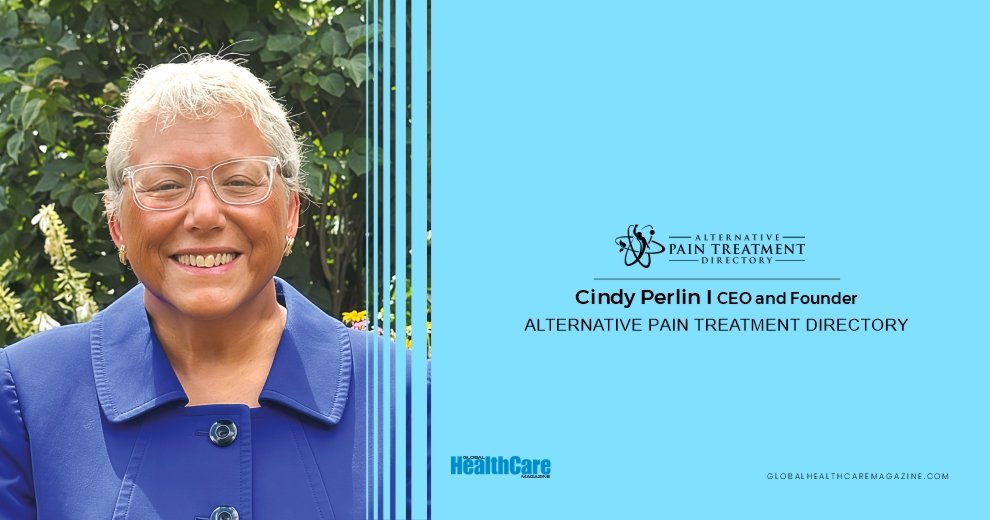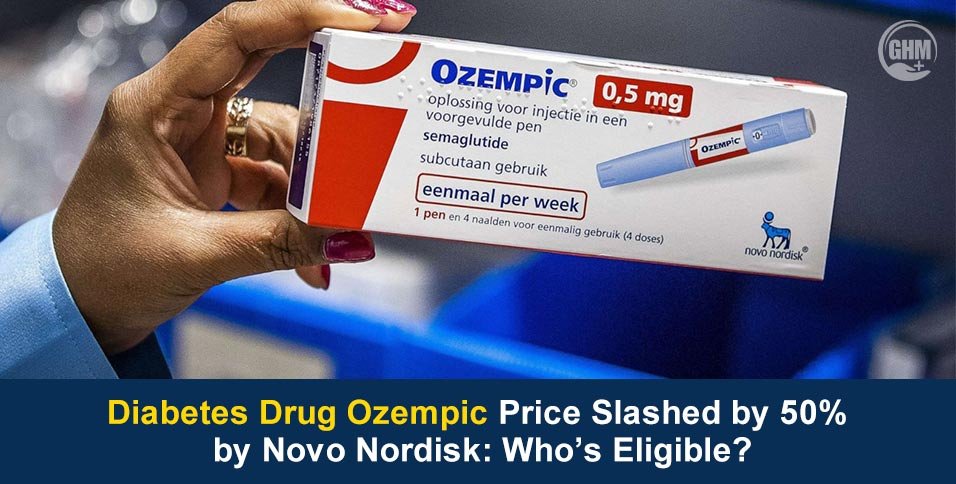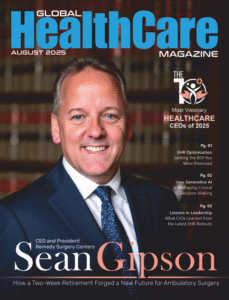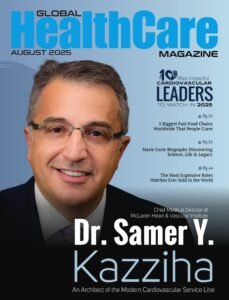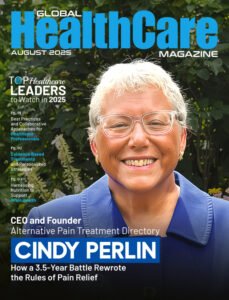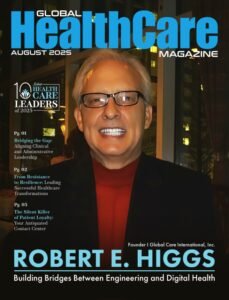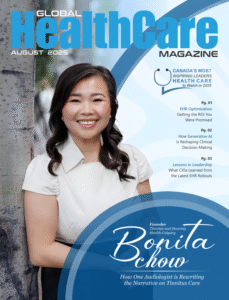The efficacy of medical research and the development of improved healthcare interventions depend critically on the ability to engage appropriate and diverse patient populations. Yet, the process of identifying, recruiting, and retaining participants for medical studies frequently encounters significant logistical and trust-related obstacles. Dee Armstrong, as Senior Director of Project Management & Operations at ECHO Project Management Group, Inc., applies her fifteen years of specialized experience in healthcare and medical market research to address these precise challenges. ECHO Project Management Group operates under her direction to provide structured, efficient, and patient-focused solutions that bridge the gap between research institutions and the individuals whose experiences are vital for medical advancement.
The Impetus: From Personal Observation to a Professional Mission
Ms. Armstrong’s commitment to improving patient engagement in medical research stems from direct personal experience. Witnessing the profound impact of severe schizophrenia on her uncle and early-onset Alzheimer’s disease on her grandmother, coupled with what she perceived as insufficient support from medical professionals for her family, provided a powerful impetus. This background informed her decision to establish an organization focused on patient-centered medical research. ECHO Project Management Group, therefore, was not conceived in a vacuum but as a direct response to an observed need: to amplify patient voices and ensure more equitable access to, and representation in, medical research studies, particularly for those with rare diseases, chronic health conditions, and mental illnesses.
ECHO’s Operational Framework: Services and Project Management Discipline
ECHO Project Management Group provides a defined suite of services designed to facilitate effective patient recruitment and data collection for medical research. These services include Web-Assisted Telephone Interviews (WATIs), traditional Telephone Depth Interviews (TDIs), Online Forums, Online Link Surveys, and Hybrid Methodologies combining multiple approaches.
Central to ECHO’s operations under Ms. Armstrong’s direction is a rigorous application of project management principles. Her responsibilities encompass the full project lifecycle: understanding client needs and strategic marketing challenges to develop appropriate research plans; creating and managing detailed project schedules and budgets; supervising all project phases; and ensuring on-time, on-budget delivery. Furthermore, she oversees the development of database structures to optimize respondent data management, including data integration, cleaning, and deduplication processes. This systematic approach ensures that client expectations are met across multiple projects and markets. Her project management philosophy prioritizes driving results through meticulous strategic planning, operational efficiency, and effective resource management.
Leadership in Action: Building Trust and Managing Growth
Upon establishing ECHO’s operational focus, Ms. Armstrong faced two primary challenges common to ventures in sensitive fields:
- Establishing Credibility: Gaining the trust of both the established research community and the patient populations ECHO aimed to serve required a deliberate strategy. Skepticism is a natural barrier. Ms. Armstrong addressed this through persistent outreach programs, comprehensive educational initiatives explaining ECHO’s purpose and methods, and a consistent focus on demonstrating the tangible benefits of participation for both researchers and patients.
- Scaling Operations Responsibly: As demand for ECHO’s services grew, Ms. Armstrong confronted the challenge of expanding the organization’s capacity while preserving its core mission and the quality of its engagement. Her leadership approach involved fostering adaptability within the team, encouraging continuous innovation in processes and tools, and forming strategic partnerships to extend reach without overstretching internal resources. Data-driven insights informed decisions about resource allocation and service development.
Evidence of Progress: Key Achievements and Performance Metrics
ECHO Project Management Group, under Ms. Armstrong’s leadership, can point to specific achievements and growth indicators:
- A pivotal milestone was the formation of a significant partnership with a leading research organization. This collaboration served as external validation of ECHO’s methodology, substantially broadened its operational reach, and solidified its reputation as a reliable partner in the medical research sector.
- The company successfully expanded its community engagement program, which integrates local outreach initiatives with digital accessibility tools, making research participation more attainable for underrepresented groups.
- Quantifiable growth metrics indicate consistent progress. Client engagement has reportedly increased by an average of 40% annually. More significantly, patient participation in medical studies facilitated through ECHO’s network has risen by 60% over the past two years, demonstrating an increasing ability to connect researchers with needed participants. (The firm notes a decade of success, likely reflecting Ms. Armstrong’s cumulative impact in the field, given her 15 years of experience.)
Sustaining Performance: Innovation, Risk Mitigation, and Adaptability
Ms. Armstrong fosters a culture of proactive adaptation within ECHO to navigate the dynamic healthcare landscape:
- Innovation: The company regularly evaluates emerging healthcare trends, evolving patient needs, and changes in regulatory frameworks. It engages with industry experts, solicits feedback, and pilots new initiatives on a small scale before broader implementation. Investment in new technologies focuses on improving process efficiency and service delivery.
- Risk Management: ECHO approaches risk with a structured methodology. Calculated risks are pursued when aligned with the company’s mission and strategic objectives. Decision-making involves thorough market research, pilot project data, and the development of contingency plans. Transparency and collaboration inform this process.
- Adaptability: Recognizing that change is a constant in healthcare, Ms. Armstrong ensures ECHO maintains operational flexibility. Strategies are regularly reviewed and adjusted to meet evolving client requirements and regulatory shifts.
Organizational Development: Cultivating Talent and Leveraging Technology
Two pillars support ECHO’s operational effectiveness:
- Talent Development: Ms. Armstrong views the identification and cultivation of talent as an ongoing process. This includes structured mentorship programs, targeted skill development initiatives, and clear pathways for professional growth. Open communication and performance reviews help align individual strengths with organizational goals. Pairing emerging leaders with experienced professionals facilitates knowledge transfer and career advancement.
- Technological Integration: ECHO utilizes secure digital platforms to enhance the efficiency and effectiveness of its core functions. Technology streamlines patient matching for studies, enables virtual consultations where appropriate, and allows for real-time tracking of project progress. This approach aims to improve the experience for both researchers and participants and represents a significant improvement over more traditional, often paper-intensive, recruitment methods.
Core Leadership Philosophy
Ms. Armstrong’s leadership approach centers on empowerment, collaboration, and purpose-driven decision-making. She endeavors to create an organizational culture where every team member feels their contributions are valued and that they have a voice. This involves prioritizing transparent communication, encouraging continuous learning, and reinforcing a shared commitment to ECHO’s mission of improving patient representation in research. By leading with authenticity and fostering a team-oriented environment, she aims to build a foundation of trust and sustained innovation.
Also Read: The 10 Robust Healthcare Leaders of 2025


